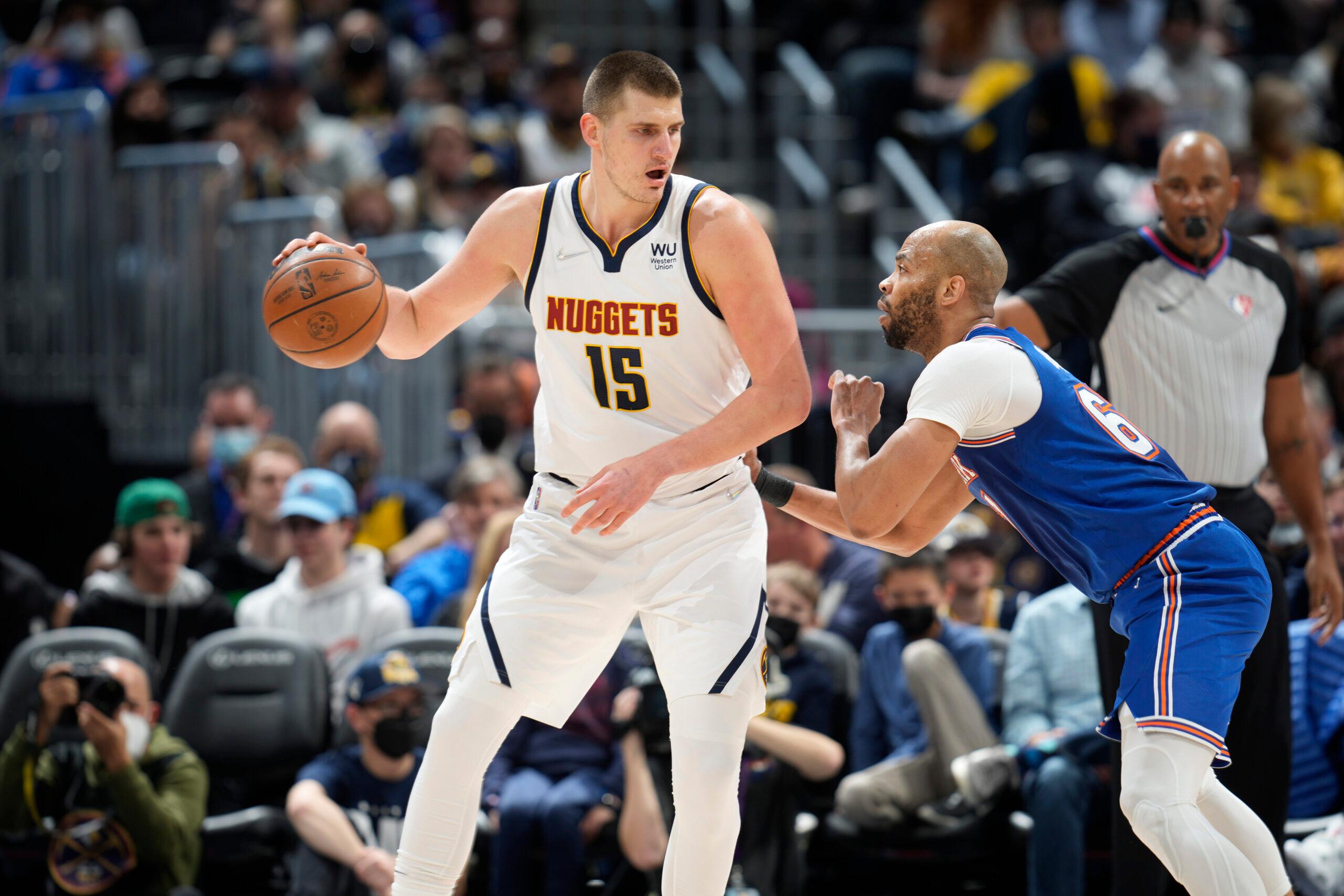
Sean Goelitz has been rooting for the Colorado Avalanche ever since he moved to Denver a decade ago, but in recent years, it's become harder and harder to cheer them on consistently.
It’s not the team’s fault, or a sign of his slipping commitment as a fan. He said it’s just ridiculously hard to catch a game, due to a long-standing dispute between Comcast, the state’s largest cable provider, and Altitude Sports, the regional broadcaster for Avalanche, Denver Nuggets, and Colorado Rapids games. The two companies have been negotiating a contract ever since a deal for Comcast to offer Altitude TV expired in 2019.
Goelitz has found alternative ways to watch the games, but he’s mostly concerned with how the blackouts have affected the fanbase as a whole.
“I haven't been able to talk about hockey with people that I love,” Goelitz said. “And I know so many people that literally have just moved here from places that don't have a hockey culture and they’re like, ‘I really wanna watch, how can I watch?’ And I'm like, ‘You can’t.’”
Fans of the teams covered by Altitude have missed out on monumental seasons. The Avalanche recently tied an NHL record for most victories in a single month, and Nuggets fans have been unable to watch Nikola Jokić defend his status as the NBA’s MVP. Last year, the Rapids won the MLS Western Conference, the first time in the club’s history.
Altitude is owned by Kroenke Sports & Entertainment, the same company that owns the three sports teams the network carries.
Greg James-Roxby, a Rapids fan who lives in Colorado Springs, said he was only able to watch five games last season, missing a majority of the team’s historic run. He used to have Comcast when he lived in Boulder, but he didn’t renew his subscription once the blackout began.
“This team is outrageously good and it is so frustrating being a fan, not being able to witness really any of that,” he said. “It's hard to even want to continue to watch when they make it so hard to follow.”
Altitude is still carried by DirecTV, which has a smaller customer base in Colorado than Comcast. Comcast says it has about one million subscribers in the state, but the company would not share specific numbers when asked. DirecTV did not respond to requests for comment about the bill and their market share.
The dispute might end soon, with the two entities slated to meet for a settlement conference with Comcast in late February, according to The Denver Post. But that isn’t stopping Rep. Kyle Mullica and House Speaker Alec Garnett from taking steps to ensure a long-term blackout doesn’t happen again.
The two House Democrats drafted HB22-1058, which would give Colorado’s attorney general the power to force a cable provider and regional sports networks to go through nonbinding mediation for disputes that last for more than six weeks after a contract expires.
While the bill doesn’t name specific entities, Garnett said it was written in response to the Altitude blackouts.
“I don't think anyone in the state of Colorado cares what the deal is because these are million and billion dollar corporations. They just wanna be able to go home and turn on the TV and watch their teams,” Garnett said. “We're losing a generation of fans.”
Mullica said they’ve garnered bipartisan support for the bill.
“The Republicans see the same thing and they’re fans, just like we are, and they're hearing from their constituents, just like we are,” Mullica said.
The bill was introduced to the House in mid-January. Its next step would be a hearing before the Committee of Business Affairs & Labor.









